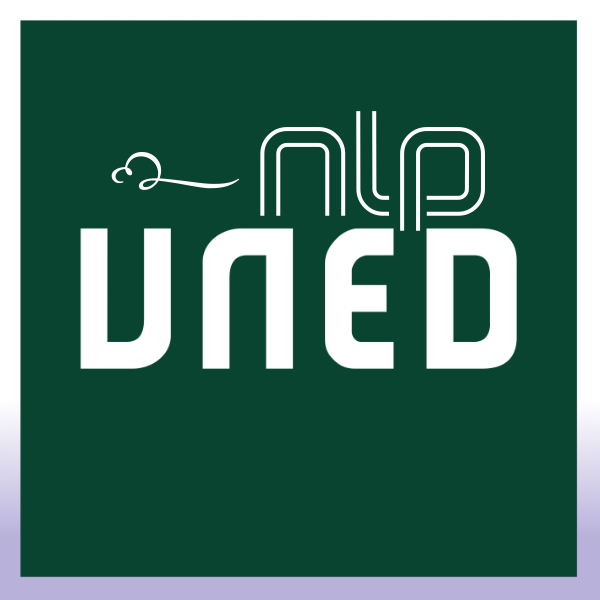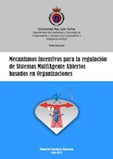
Roberto Centeno
Associate ProfessorPhD Thesis
Incentive mechanisms for regulating open multiagent systems based on organizations
I obtained my PhD in Computer Science from the University Rey Juan Carlos in October 19th, 2012 with maximum mark (apto cum laude).
My supervisors are:
- Dr. Holger Billhardt (Universidad Rey Juan Carlos), supervisor
- Dr. Ramón Hermoso (University of Essex), co-supervisor
- Dr. Jürgen Dunkel (Hannover University)
- Dr. Henrique Lopes Cardoso (University of Porto)
- Sascha Ossowski (Universidad Rey Juan Carlos), president
- Eugénio C. Oliveira (University of Porto)
- Juan A. Rodríguez-Aguilar (IIIA-CSIC)
- Estefaní Argente (Universidad Politécnica de Valencia)
- Alberto Fernandez (Universidad Rey Juan Carlos), secretary
Abstract
Open Multi-Agent Systems are a particular type of multi-agent system characterised by its design with a general purpose in mind, its composition of heterogeneous, autonomous and unknown population of agents, at design time, and the dynamism of the system, that is, agents may join/leave the system at runtime. Taking into account these characteristics, the main problem when designing these systems is focused on how we can assure that the population of agents behaves according to the global preferences. To that end, some mechanisms to influence the behaviour of the population are needed. Thus, the following question arises: how can we influence the behaviour of autonomous and unknown agents, when designing the system?
In the first part of this work, we analyse the different alternatives that allow influencing the behaviour of agents, in particular, rational agents. As a result of the analysis, we propose a theoretical framework that allows us to establish the basis for the regulation of open multiagent system. The framework is composed of three different alternatives for influencing the decisions of such type of agents: informative, incentive and coercive mechanisms. Based on this analysis, in the rest of this work we develop and present different incentive mechanisms that can be considered as a valid alternative to regulate open multiagent systems.
The common solution adopted for regulating this kind of systems is based on organisational concepts. In most of the proposed models, normative systems appear as a key concept. Usually, they are composed of a set of norms, that define which actions are valid in each particular state, and are coupled with sanctions that have the aim to enforce the norms. Due to the nature of open systems, the task of defining effective sanctions for an unknown and heterogeneous population becomes complex and difficult. Facing this problem, we propose an incentive mechanism able of learning effective sanctions, at runtime, adapting them to the individuals, as well as, to the particular situation of the system.
Moreover, in complex and dynamic domains, defining an effective set of norms may be a very difficult task. As an alternative to normative systems, we propose an incentive based mechanism in charge of, on one hand, learning which actions should be performed by agents in each particular state of the system, from the system point of view and; on the other hand, learning which incentives are effective for inducing agents to perform such actions. This mechanism can be employed as an alternative for regulating open multi-agent system, when it is hard to define a set of effective norms or, it might be employed in con- junction with a normative system with the aim to regulate the space of freedom not regulated by normative systems.
Finally, the approaches presented in this work have been empirically evaluated by means of experiments carried out in a P2P file sharing domain.
Following, you can find the papers that summarize the main parts of my thesis:
- An Adaptive Sanctioning Mechanism for Open Multi-Agent Systems Regulated by Norms
Accepted at ICTAI 2011, The 23rd IEEE International Conference on Tools with Artificial Intelligence
Boca Raton, Florida (USA), November 7-9, 2011
[PDF] - Persuading agents to act in the right way: An incentive-based approach
Engineering Applications of Artificial Intelligence
Vol. 26, Issue 1, pag. 198-210
Elsevier
[PDF]
You can download a full version of my Phd Thesis (Spanish) from below:


